This is the third of a three-part blog about sustainability. Each blog illustrates one of the United Nations’ three pillars of sustainability: economic, social and environmental.
Living in one of the world’s most scenic places, it’s easy to get overwhelmed by the natural beauty. This African nation has six World Heritage Sites – including the Ngorongoro Crater, just 30 miles away, and Serengeti National Park. Tourists flock here from around the world to go on safari and see the sites.
The Maasai Girls Rescue Center is privileged to be part of this magnificent ecosystem. Our responsibility to help preserve it underlies our plan to create an ecoVillage to house and nurture 120 girls in 30 buildings on our 15-acre site.
Every aspect of our operations is rooted in environmental sustainability. Hydroponics use about 90 percent less water than traditional farming to grow plants. Zero-grazing cows are raised by bringing green forages to the cows in the barn instead of letting them eat grass in the fields. A bio-gas fuel system turns cow excrement into methane gas used for cooking. We raise our own chickens, pigs and rabbits. Diverse fruits and vegetables are grown or purchased, not just one crop like corn or soy.
These measures protect the soil, water and climate. And they are better for our girls.
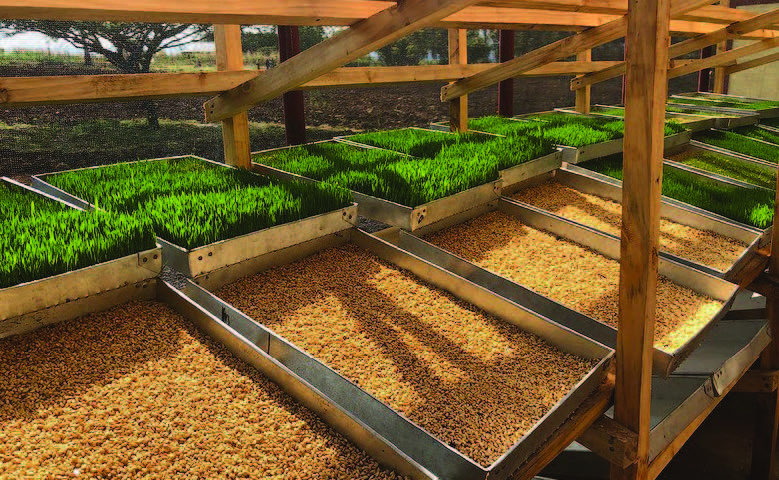
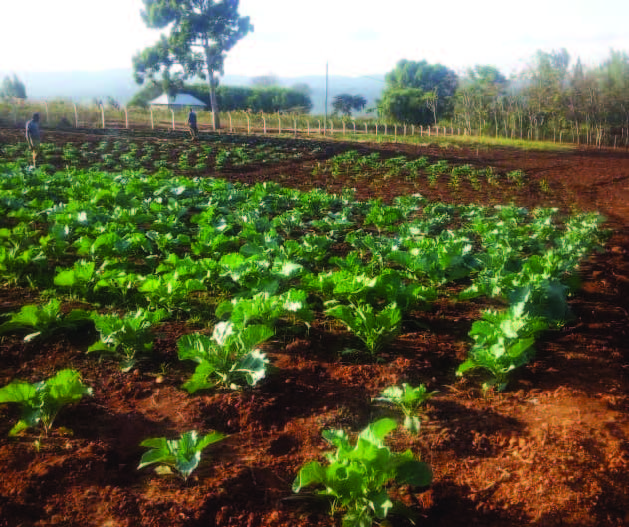
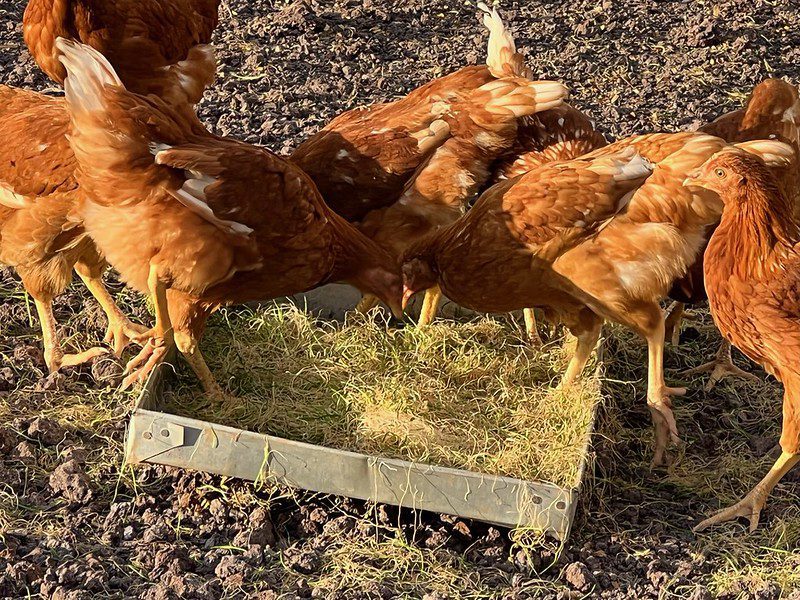
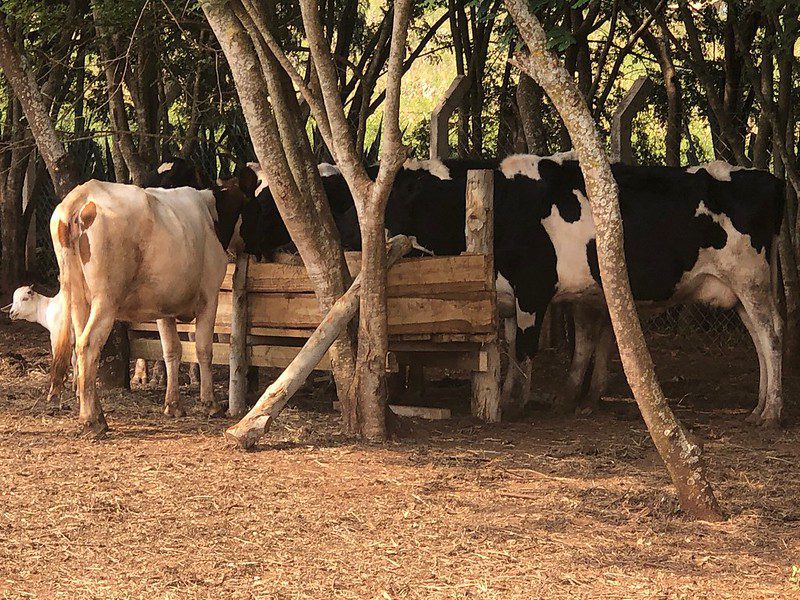
The girls already are helping. Ten of them weed at the ecoFarm. Maybe it’s not their favorite activity. But because they are paid an allowance for their work, they get the fun of buying something they want at the local market. As we continue building, there will be more opportunities for the girls to plant and tend vegetables and care for livestock.
This is all new to the girls: gardens, vegetables and fruit; tying chores to an allowance; buying something they want with money they earned. Where they come from, livestock are raised but not eaten. Instead, animals are sold at the market for flour. This has led to dietary insufficiencies, including a lack of Vitamin C because of no fruit.
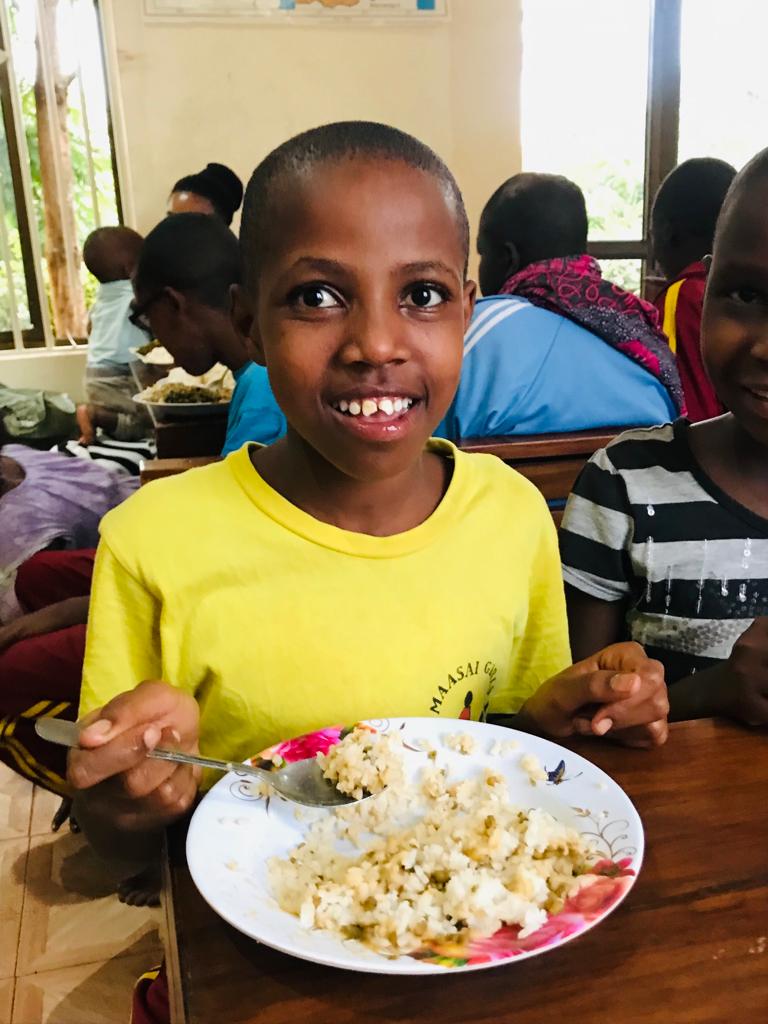
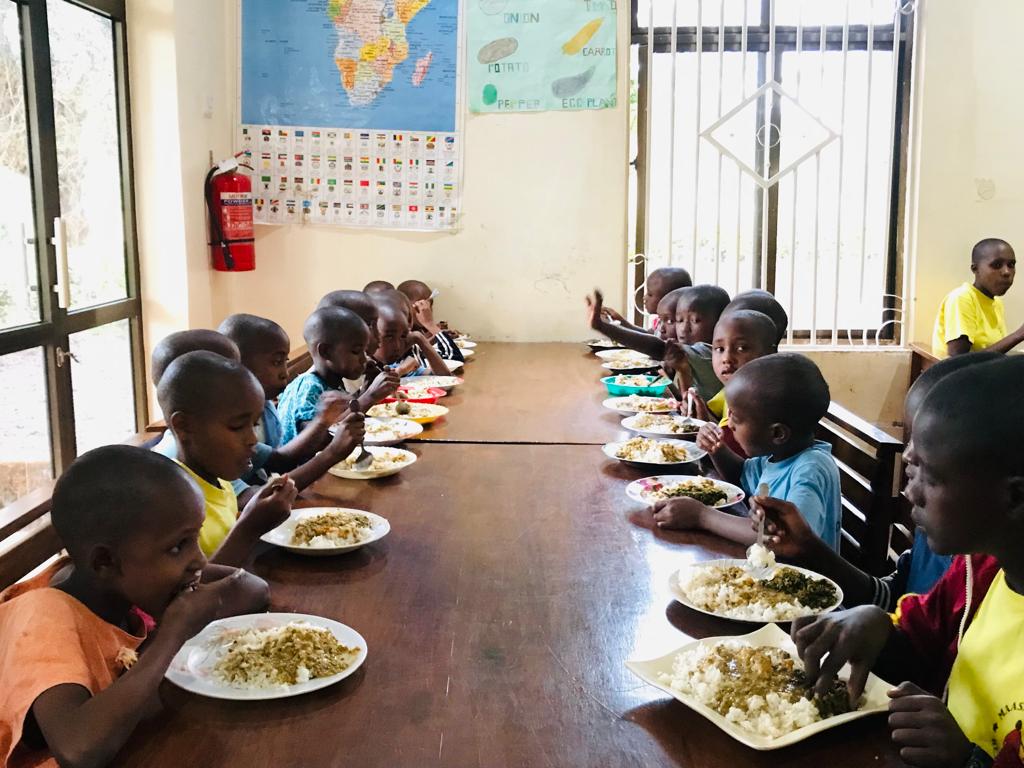
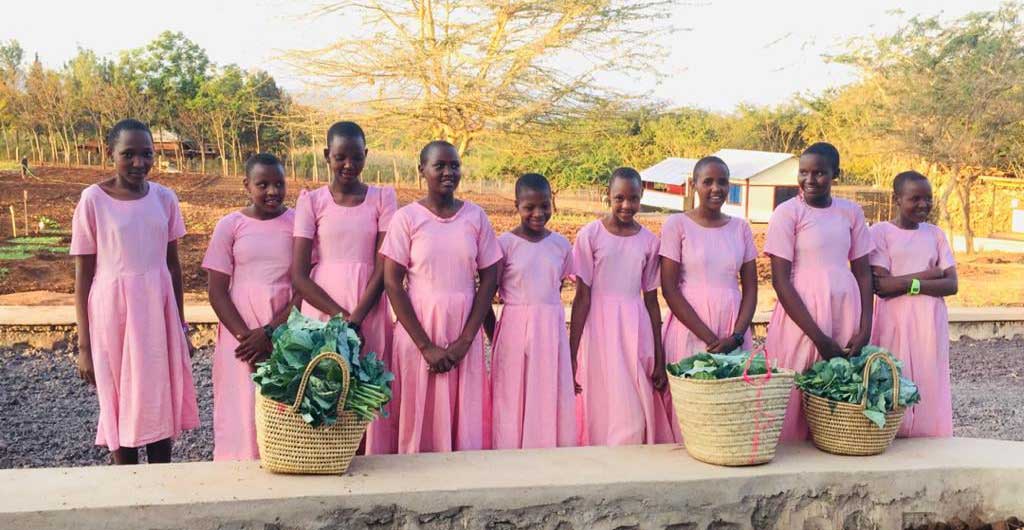
As with all kids, getting the girls to eat their vegetables is challenging! Fruit is more popular – we go through 400 pieces of fruit a week. Oranges, avocados, bananas. Doctors in Arusha have told us this is a great boost to the girls’ health.
We teach the girls to be stewards of the environment and to sustain themselves. We take them on field trips to the Ngorongoro Crater to show them our stunning surroundings. Their personal health is inextricably linked to the environment.
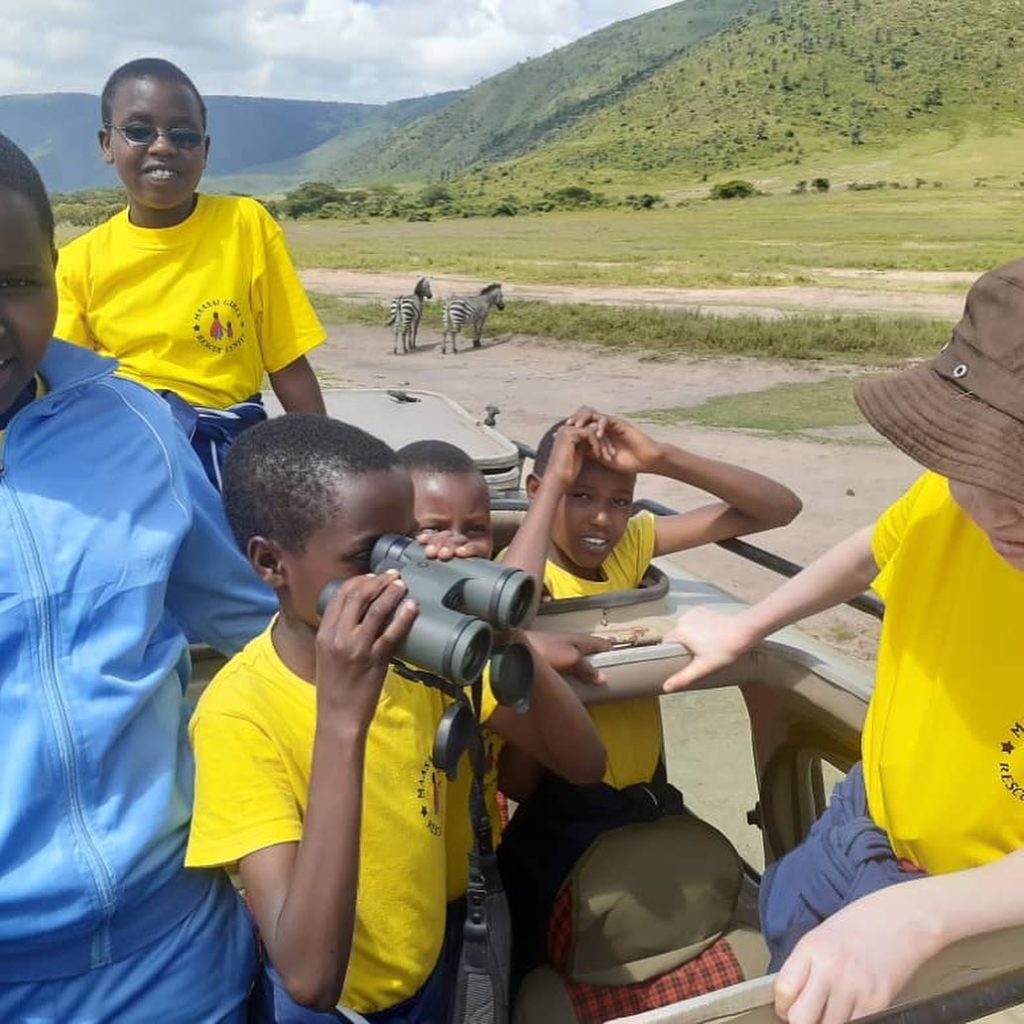
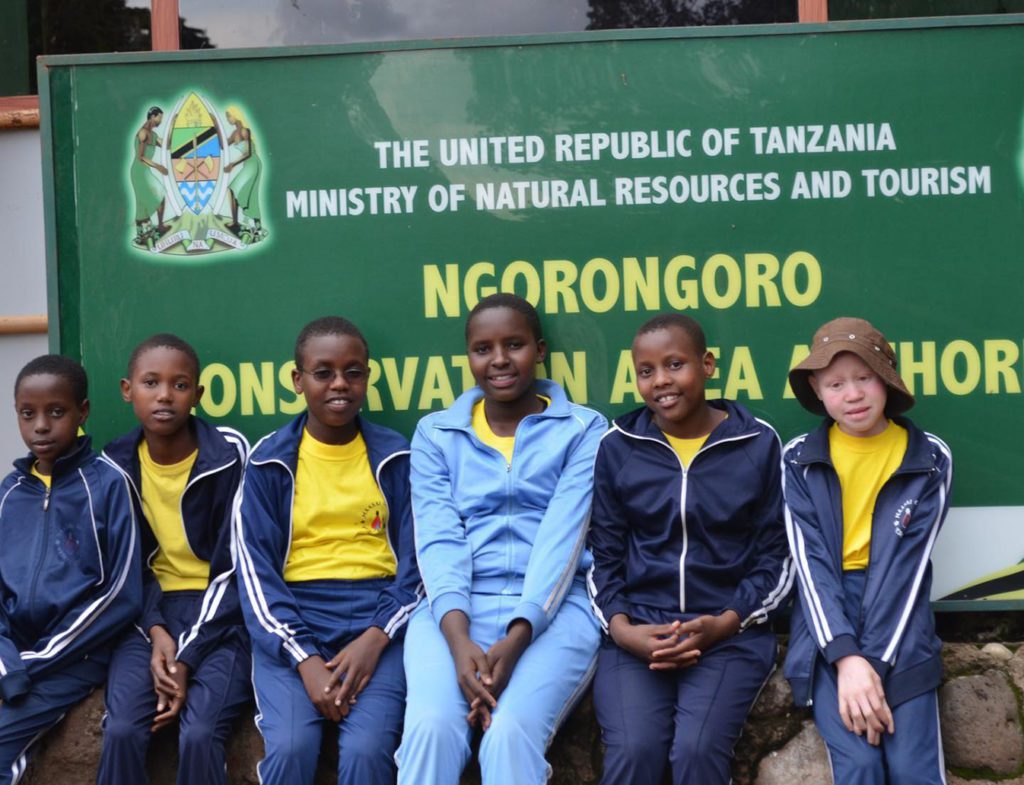

Post a comment